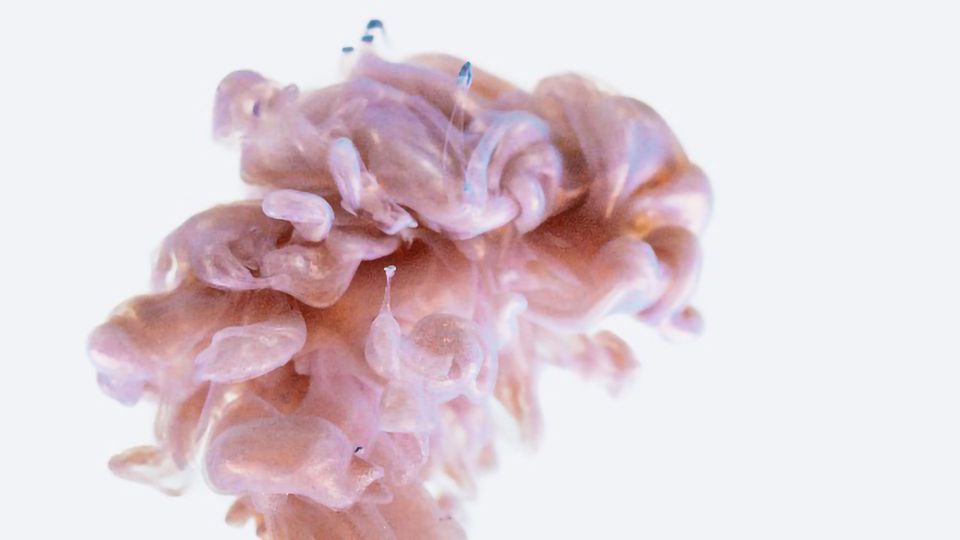Targeting the Immune System To Treat OCD

Credit: Paweł Czerwiński on Unsplash.
Want to listen to this article for FREE?
Complete the form below to unlock access to ALL audio articles.
Read time: 2 minutes
A new study published in Brain Behavior and Immunity outlines a discovery that could instil new life in to a research area that has suffered an array of setbacks over recent years.
Exploring the role of the immune system in mental health disorders
Many patients that are diagnosed with an autoimmune disease also experience co-morbidities in the form of mental health disorders. And yet, our understanding of the specific molecular mechanisms that tie the two are somewhat elusive.
Why are patients with autoimmune diseases more susceptible to mental health disorders? How does the immune system contribute to brain function, and how can this go "wrong"? These questions have been pondered by a group of researchers at the Queen Mary University of London and the University of Reohampton, London, led by Professor of Immunology Fulvio D'Acquisto. “There is mounting evidence that the immune system plays an important role in mental disorders,” said D'Acquisto.
In a new study the scientists report that transgenic mice models that are engineered to express high levels of a protein known as immune-moodulin, or Imood, demonstrate anxiety-related behaviors such as digging and over-grooming. In a sample of 23 obsessive compulsive disorder (OCD) patients, levels of Imood were found to be raised in the lymphocytes – a type of immune cell – when compared with a control group that did not have OCD.
In the study, the application of an antibody to neutralize Imood in the transgenic mice produced a reduction in the anxiety behaviors exhibited.
An accidental discovery
D'Acquisto first discovered Imood accidentally when studying a different protein known as Annexin-A1 and its role in diseases such as lupus and multiple sclerosis. When creating transgenic mice to over-express Annexin-A1, he discovered that the mice were more anxious than wild type mice. A genetic analysis of the transgenic mice's T cells revealed that one gene was particularly active, and this gene encoded the protein Imood. Blocking the protein with an antibody alleviated the anxiety-related behaviors within a few days.
The scientists then decided to explore Imood expression in human patients, using a cohort of 23 diagnosed OCD patients and 20 healthy participants that acted as controls. Analysis of blood samples revealed that the expression of Imood was approximately six times higher in OCD patients than in controls. This might imply a role for Imood in the disorder, perhaps by influencing gene expression, the scientists suggest in the paper.
Targeting the immune system rather than the CNS
Firmly understanding the pathophysiology of mental health disorders, exactly why they happen and what chemical events contribute to their manifestation, has arguably proven to be one of the greatest challenges faced by the field of neuroscience. A dearth in understanding of the molecular mechanisms has, in turn, stunted the development of safe and effective therapeutic agents to treat patients with mental health disorders. A wide variety of pharmacological-based interventions have been abandoned in the past ten years due to the failing of clinical trials to demonstrate clinical benefit, and limited side effects, associated with their use.
In the paper the scientists emphasize why a biologic, rather then a chemically synthesized small molecule drug, may be a promising avenue to pursue: "A biologic for the treatment of mental disorder would bypass several of the side effects associated with the daily administration of standard therapies for mental disorders as it would specifically act at the level of immune system rather than the CNS."
It's still early days
The results of this study have led the scientists to file a patent application for the antibody, and they are working alongside the drug company UCB to explore options for targeting Imood.
The scientists stress that there is further work to be completed in understanding the role of Imood, including more studies with larger sample sizes to confirm that the results can be replicated.
“It is early still, but the discovery of antibodies – instead of the classical chemical drugs – for the treatment of mental disorders could radically change the life of these patients as we foresee a reduced chance of side effects,” D'Acquisto concluded.
Reference: Piras et al. (2020). Immuno-moodulin: a new anxiogenic factor produced by Annexin-A1 trans‐genic autoimmune-prone T cells. Brain, Behavior and Immunity. DOI: 10.1016/j.bbi.2020.02.015.


